An exhibition entitled "Smoke. Stories of Tobacco” is on display in Plovdiv’s “Tobacco Town” and tells about the 150-year-long history of tobacco industry in Bulgaria - from the first nicotine traces in the Ottoman Empire to the artistic images in works of contemporary artists.
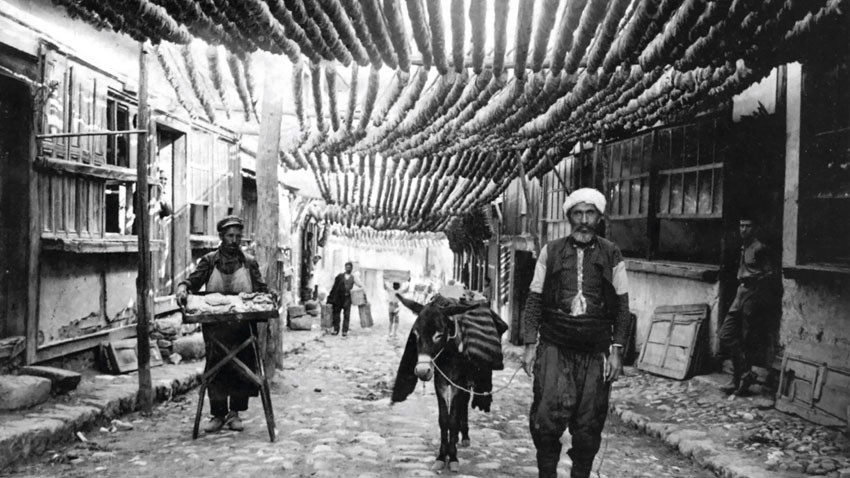
"But these caravans, sent by Greek merchants and reminding us of the romance of past times, have long ceased to come. They were replaced by the trucks of ‘Nicotiana’. In this way in his novel “Tobacco”, writer Dimitar Dimov depicts the social picture related to tobacco turning rapidly into an engine of economic flourishing of the young Bulgarian state.

After the Liberation from Ottoman rule (1878), peasants came to towns to work in tobacco warehouses and factories, and along with them worked the Bulgarian refugees after the wars (1913-1918).
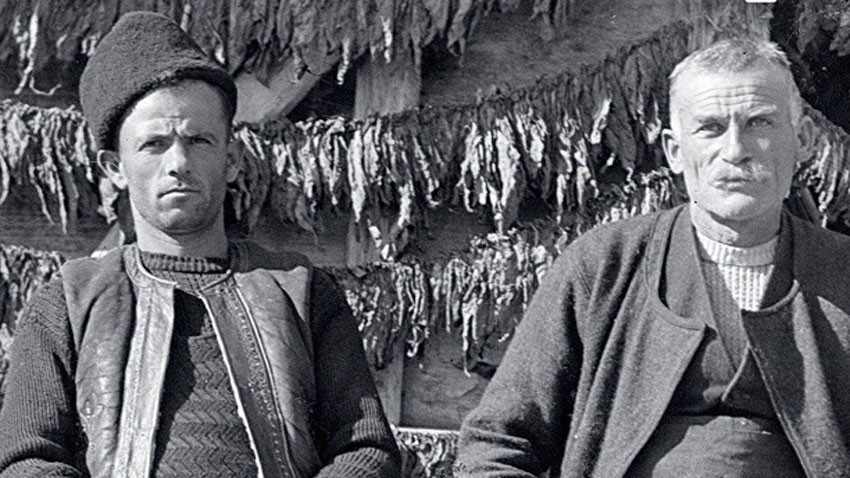
Tobacco became a backdrop of urban life and modernisation - women became more emancipated, society - more mature. Tobacco smoke filled the trenches during wars, as well as the cafes where intellectuals and artists gathered.
All of this can be chronologically traced in the four exhibition halls of "Smoke. Stories of Tobacco", taking visitors through the National Revival Period, the First Plovdiv Exhibition (1892), the struggles for the liberation of Macedonian lands. And more: labor strikes, wars, the so-called “Revival Process” in the 80s and the collapse of the totalitarian system in Bulgaria. Visitors can hear the words of tobacco merchants, workers, representatives of abstinence movements; they can see photos from the Balkan Wars, parts of Bulgarian movies, etc.
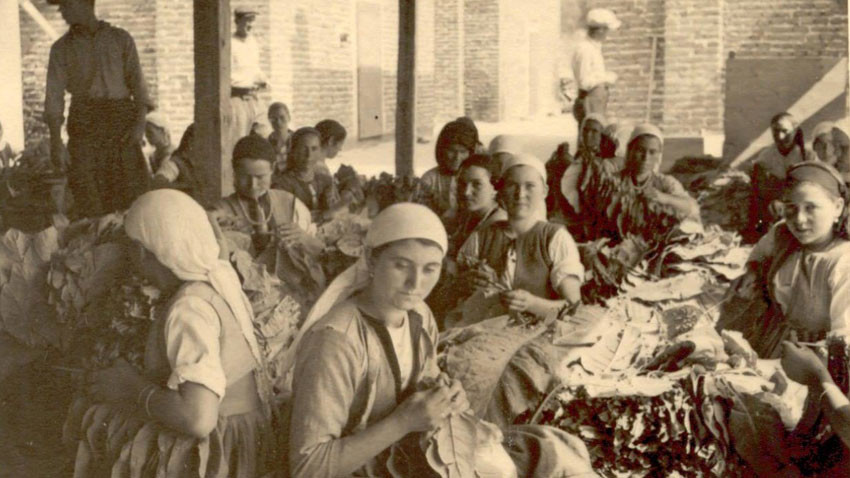
“The story begins with the discovery of tobacco – the times when it first arrived to Europe, and continues to the present day,” Svetlana Kuyumdjieva, artistic director of Plovdiv - European Capital of Culture says. “These stories show the link between tobacco industry and the modernization of Plovdiv and Bulgaria as a whole. Archives, postcards, promotional materials, factory items, portraits and memories of participants can be found at the exhibition.”
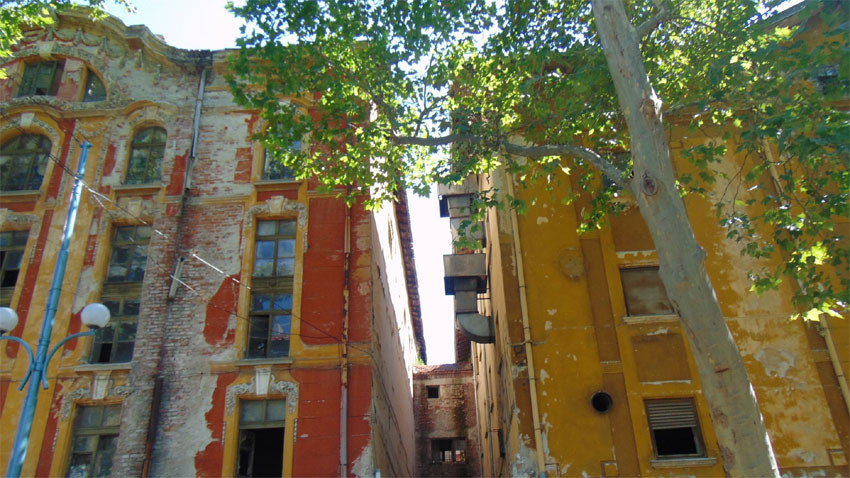
It is no accident that the exhibition is housed in one of the emblematic buildings of the Tobacco City, where tobacco storehouses were erected a century ago. Unfortunately, they are now empty or demolished but there is the idea for this part of Plovdiv to be transformed into a cultural space.
“The ‘Tobacco City’ project is dedicated to an area with former industrial buildings downtown Plovdiv,” Svetlana Kuyumdzhieva says. “Its inclusion in the program of events of ‘Plovdiv - European Capital of Culture’ aims to pay attention to these forgotten, abandoned buildings and to the spaces around them that could be used for developing various artistic activities. Along with work on cultural events, there are sometimes dramatic developments related to these buildings. Four of them were at the center of a big fire three years ago.
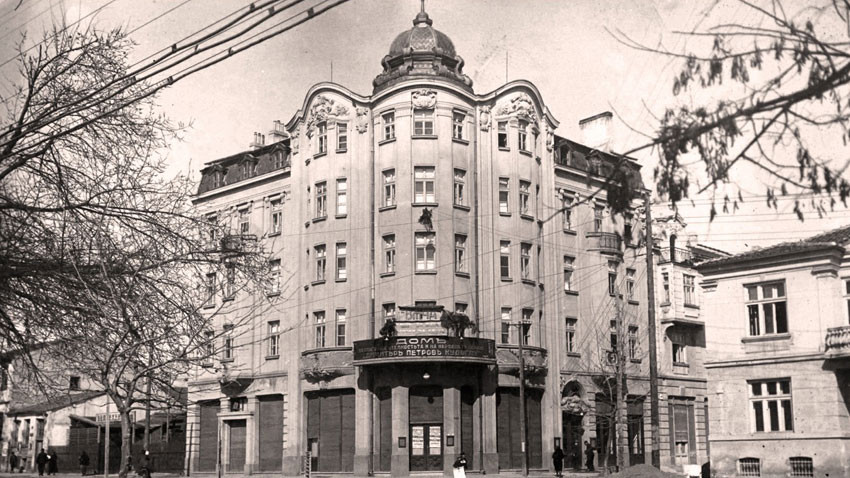
However, this has not stopped us from organising a large part of the activities of the European Capital of Culture precisely on this territory to show that even as privately owned buildings they could bring good revenues through art and culture. Of course, it is good to talk about their historical value, but let us not forget that their future depends on the work of responsible institutions and their owners. And once the spotlight of attention is focused on this place, I think its fate will be clearer and this part of the city will be preserved.”
English version: Alexander Markov
Photos: tobacco-city.plovdiv2019.euIn the spring of 2025, the National Palace of Culture resumed its most genre-rich festival after a 10-year hiatus. For the first time in the history of "Salon of Arts", a second edition will be held this autumn. From October 1 to..
With a folklore concert and a solemn ceremony at 5:00 PM at the branch of the Ruse University "Angel Kanchev" in the Moldovan city of Taraclia, the Bulgarian National Radio will award the winners of the essay contest organized by the media for..
The 10th anniversary edition of "Kapana Fest" in Plovdiv begins on September 18, the festival team has reported. "Kapana Fest" is a festival in the heart of the city, breathing life into the urban space in the "Kapana" district...
From October 2 to 5, Sofia Tech Park is hosting the only international contemporary art exhibition in BulgariaSofia Art Fair 2025 – IMAGINE . The event..

+359 2 9336 661
